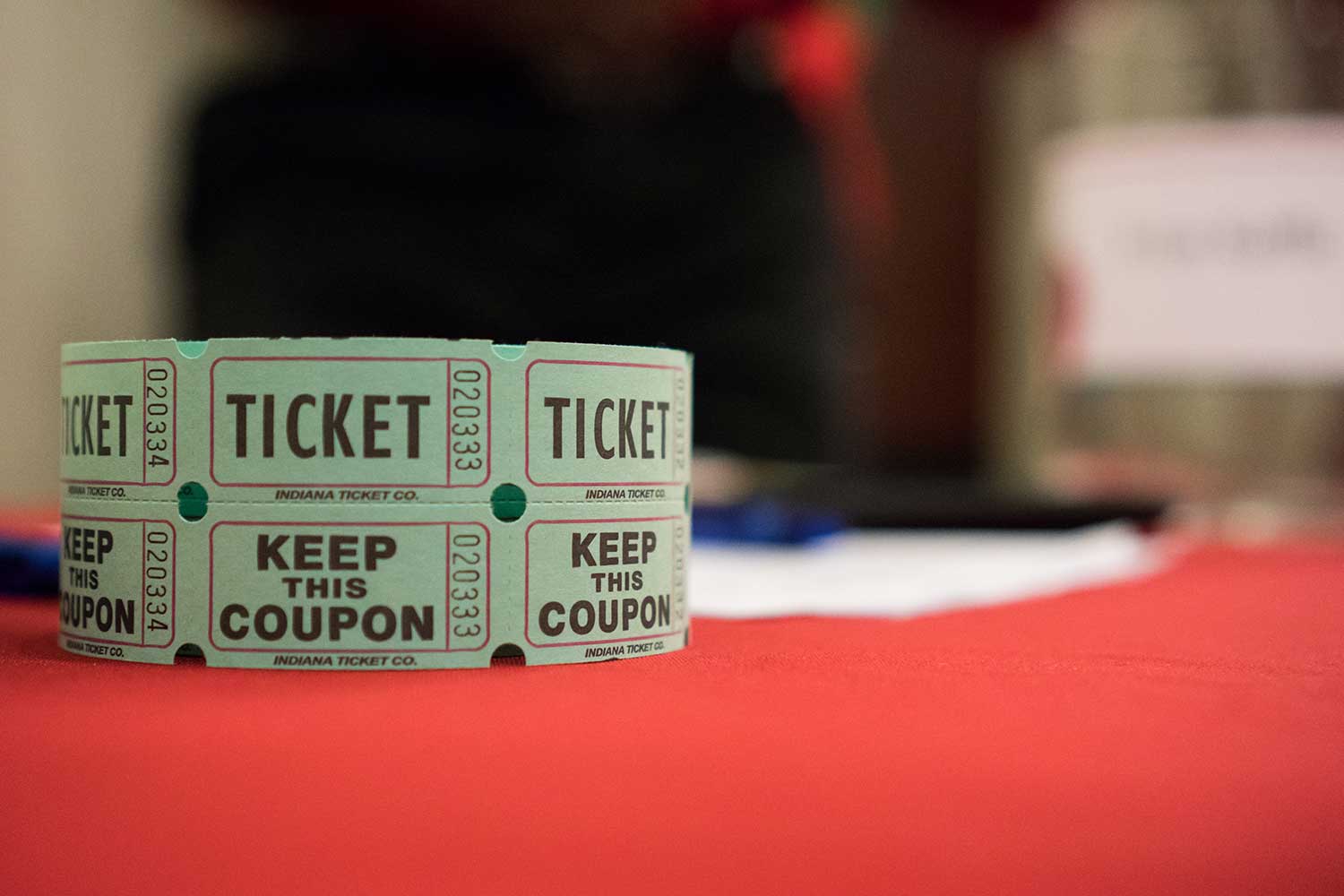This content is provided courtesy of the California Association of Nonprofits (CalNonprofits).
With changes to raffle laws being proposed in nearly every legislative session, CalNonprofits’ advocacy on raffles needs to be grounded in raffle data and informed by member views. To find out more about how nonprofits hold raffles and their views on raffle policy, we conducted a survey earlier this year. More than 300 nonprofits responded and shared below are the most significant findings.
Raffles are (financially) small potatoes:
- Nonprofit raffles typically have tickets that cost less than $10 each.
- They sell fewer than 300 tickets.
- Most of the prizes are obtained as donations.
- They generally are held by smaller nonprofits. 74% of raffles are conducted by nonprofits with operating budgets of less than $2 million.
- Raffles provide less than 5% of a nonprofit’s income.
Nonprofits are unfamiliar with California raffle regulations:
- Only 51% of those organizations that held raffles also filed the annual Nonprofit Raffle Report form required by the State of California.
- 38% of those surveyed described themselves as “unfamiliar” with raffle requirements.
- A small but significant number or respondents reported giving cash prizes of more than 10% of total receipts or selling tickets on the internet, perhaps without realizing that both activities are prohibited by law.
Nonprofits want to keep raffles charitable and away from becoming gambling:
- Respondents’ top concern: When raffles look suspicious, it gives nonprofits a bad name (78%).
- Respondents’ second highest concern: Raffles need to stay away from being gambling (65%).
Potential changes to laws:
When asked to rank potential raffle change laws for nonprofits, these two ideas emerged as the top priorities for respondents:
- Highest ranked selection: Requiring raffle registration only for raffles with gross receipts over a certain amount such as $5,000 (75%).
- Second highest ranked selection: Different regulations for small and large raffles (67%).
Most people have had the experience of buying an inexpensive raffle ticket for a local nonprofit, perhaps a high school band, a women’s shelter, or a community theatre. And many of us in nonprofits have also sold raffle tickets as well. This survey provides a unique data set to inform public policy about who can hold raffles, how tickets can be sold, and what kinds of prizes can be awarded.
Here’s a summary of key California regulations about raffles:
- In California, only nonprofit organizations can legally conduct raffles.
- Before holding a raffle, you must file a raffle registration form.
- You must also file an annual raffle report form that reports on the raffles your organization conducts in a given year.
- You cannot sell raffle tickets on the internet (though you can use the internet to tell people where to buy them)
- 90% of what the raffle takes in must be given to the nonprofit. Only 10% can be paid out in prizes. (Exception: nonprofits that are official arms of major sports league teams are allowed to hold 50/50 raffles where 50% of the proceeds can be given out in prizes and only 50% has to be used by the nonprofit.)
For those seeking more information on California regulations governing raffles, here is a link to the information page about raffles on the State Attorney General’s website.
Bills to change raffle laws are frequently brought to the state legislature, and CaNonprofits will continue to monitor them and let the nonprofit community know when action is needed.





